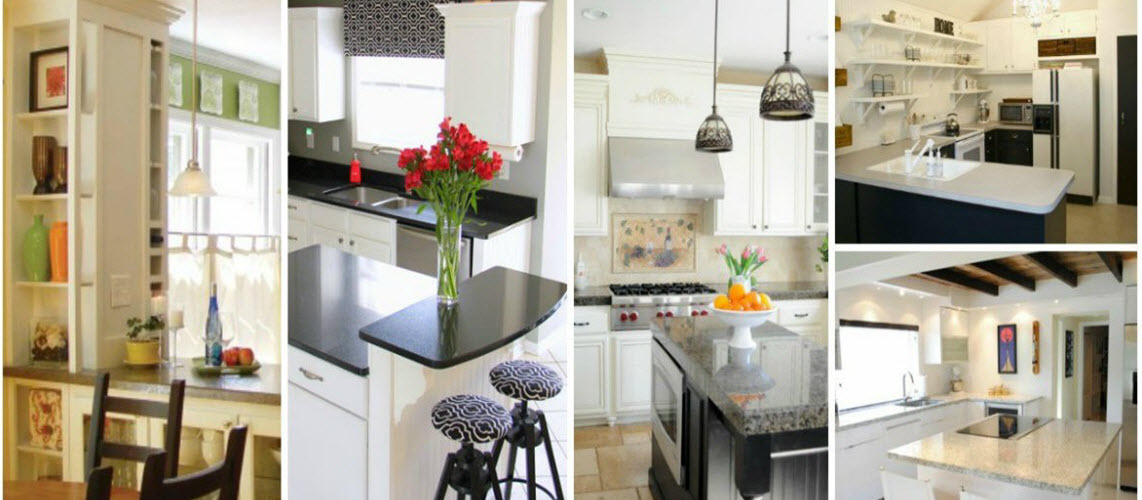Are you considering renovating your bathroom or kitchen? Or maybe you are in the construction business and are looking for bathroom and kitchen surface options. There are many options in the market, including granite, marble, engineered stone, recycled glass countertops, and even stainless steel. Corian is also a premium decorative surface that is non-porous, doesn’t stain, and looks seamless.
Donald Slocum invented Corian in 1967. At that time he was working as a Chemist for DuPont. The surface was patented in 1968 and introduced into the market in 1971 in Houston, Texas.
Product Sub-Brands
Over the years, DuPont has created sub-brands of the original Corian material that have unique design elements or manufacturing methods, including:
- The Private Collection saw the introduction of colour inspired by nature into the product line. The colours resembled natural materials like stone. All colours had intricate non-repetitive patterns not found in other products within the product range.
- The Terra Collection was introduced in the 2000’s and contained anything from sixty to twenty percent recycled content.
- The Illumination Series introduced its first colours in 2007 and has a semi-translucent appearance. This feature allows for those designs that require backlit applications to illuminate beautifully.
- The Metallics Series had its first colours introduced in 2010, and the product line contains gold and silver fleck particulates that give it a metallic appearance. The depth created by this feature provides the product with a simulation of movement and colour variation when you look at it from different angles.
- Celebrity Martha Stewart contributed to the colours that feature in the Martha Stewart Living Collection that was introduced in the United States in 2010.
- DeepColor Technology was introduced in 2013, featuring darker colours with higher resistance to scratches on the surface.
- DuPont rebranded their Zodiaq Quartz collection to The Corian Quartz collection in 2018. This product is technically an engineered stone and not a solid surface like the other collections.
Product Characteristics
#1. Appearance
Corian is not porous and doesn’t stain, making it an excellent option for wet surfaces such as kitchen worktops and bathroom counters. Corian’s acrylic adhesive is used to join the pieces, which are held tightly together, removing any excess adhesive to give it that seamless appearance. Once dry, this area is sanded and polished to give it that seamless appearance.
#2. Maintenance
One significant characteristic of this product is that it is repairable and renewable. You can buff out any scratches or cuts that may have gotten on the surface with a Scotch-Brite pad or an orbital sander.
#3. Thermoformable
This product is thermoformable, meaning that it is flexible when heated. Corian can be formed into any shapes when hot, making it applicable in several projects. Although it is heat resistant up to 100 degrees Celsius (212 degrees Fahrenheit), excess heat can damage it, and DuPont recommends using trivets when installed in the kitchen.
#4. Safe
The product is non-toxic and non-allergenic to humans as it doesn’t contain and any heavy metals in compliance with the EU Directive 2002/95EC on the Restriction of Hazardous Substances (RoHS). This fact makes it an excellent surface material option for domestic use and in hospitals and restaurants where maintenance of hygiene is paramount. Fabricators are, however, expected to be trained and certified in the process and to protect themselves from product particulates at all times adequately.
The expiration of the patent by DuPont opened up opportunities for other players to compete in the market. This expiration gave designers of bathrooms of excellence and other interiors a chance to work with various surfaces.

